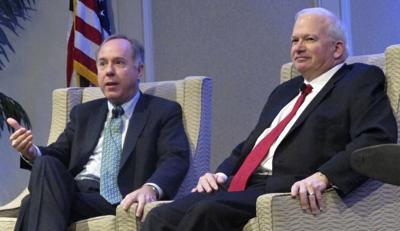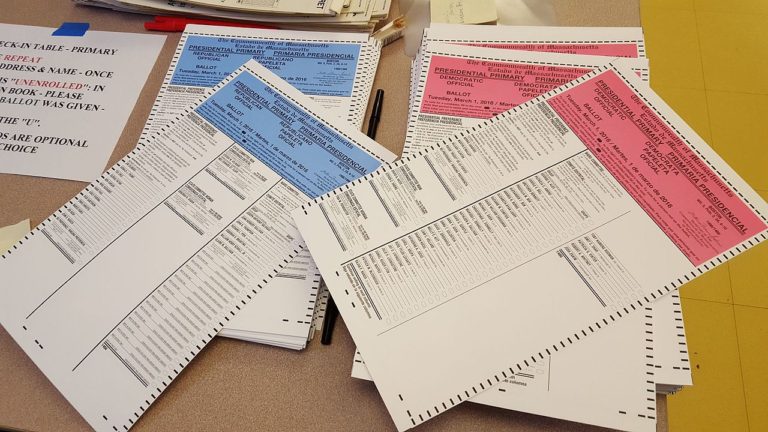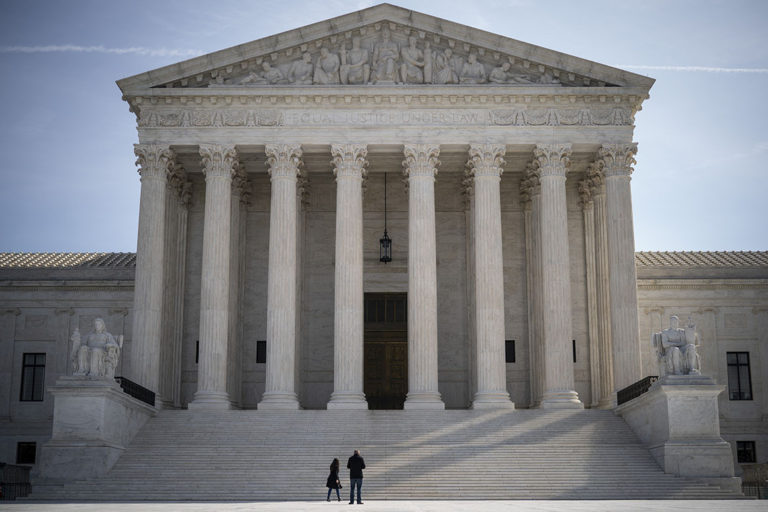
Earlier this week, Wisconsin’s predominantly Republican state legislature took advantage of the lame-duck period between November’s gubernatorial election and January’s gubernatorial inauguration to pass a sweeping package of legislation designed to limit the powers of incoming Democratic Governor Tony Evers and Attorney General Josh Kaul.
Under this new legislation, Governor Evers would be forced to solicit authorization from the state legislature in order to amend public benefit programs and other initiatives jointly run by the federal and state government, and would be unable to withdraw Wisconsin from continuing to pursue a lawsuit against the Affordable Care Act (ACA), one of his key campaign promises. Similarly, these laws would deprive Attorney General Kaul of the right to hire a solicitor general, and allow the Republican legislature to use taxpayer money to choose a private attorney to oversee cases instead of Kaul. Furthermore, the successful implementation of the Republicans’ lame-duck legislation would shorten the timeframe for early voting, which typically benefits Democrats and their metropolitan strongholds of Milwaukee and Madison.
In seeking to curtail Evers and Kaul’s powers, and manipulate election operations to their advantage, the Republican legislature exhibited a blatant disregard for the most sacred component of democracy: accepting the will of the people. The citizens of Wisconsin voted to repudiate Governor Scott Walker and his Republican agenda by electing Evers and Kaul, illustrating clear support for the policies of the Democratic campaign. However, instead of respecting the desires of the people that they represent, the Republican legislature have engaged in a brazen play to subvert popular will to maintain their own power and pursue their own agenda.
Yet, the Wisconsin state legislature’s disregard of democracy is not particularly surprising given the history of Republican unethical actions both in Wisconsin and the nation. The state legislature’s indifference to representing the interests of its constituents stems from the stark reality that the composition of the legislature itself is not representative of Wisconsin’s citizens. Upon wresting control of the governorship and state legislature in 2010, the Republicans promptly gerrymandered the political geography of Wisconsin, by establishing new district boundaries that heavily skewed in their own favor. This gerrymandering reflects the dissonance between the Democrats’ 205,000 vote lead in the state legislature popular vote totals, and the Republicans’ 64-35 state legislature majority. Furthermore, a precedent for stripping power away from incoming gubernatorial administrations was unfortunately established in 2016, when the Republican state legislature in North Carolina voted to curtail the autonomy of new Democratic governor Roy Cooper.
The erosion of Republican respect for democratic institutions such as free and fair elections has been attributed to the anti-democratic tendencies exhibited by President Donald Trump. But Trump merely represents a symptom, rather than the catalyst behind the gradual disintegration of democratic traditions. The Republican party, which has only won the popular vote once in the past five presidential elections, is faced with the reality that their policies and agenda do not reflect the desires of the majority of Americans anymore. As evidenced by its anti-democratic maneuvers in Wisconsin, instead of reckoning with that reality and reconsidering the nature of their party, the Republicans are instead embroiled in ignoring and undermining the will of the people to assert power and push through their policies.
-George Zhai



